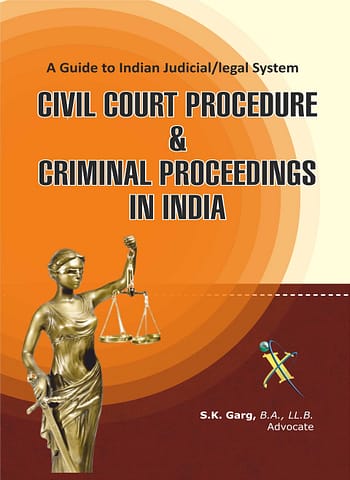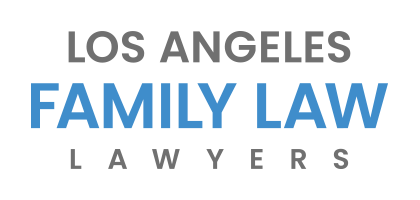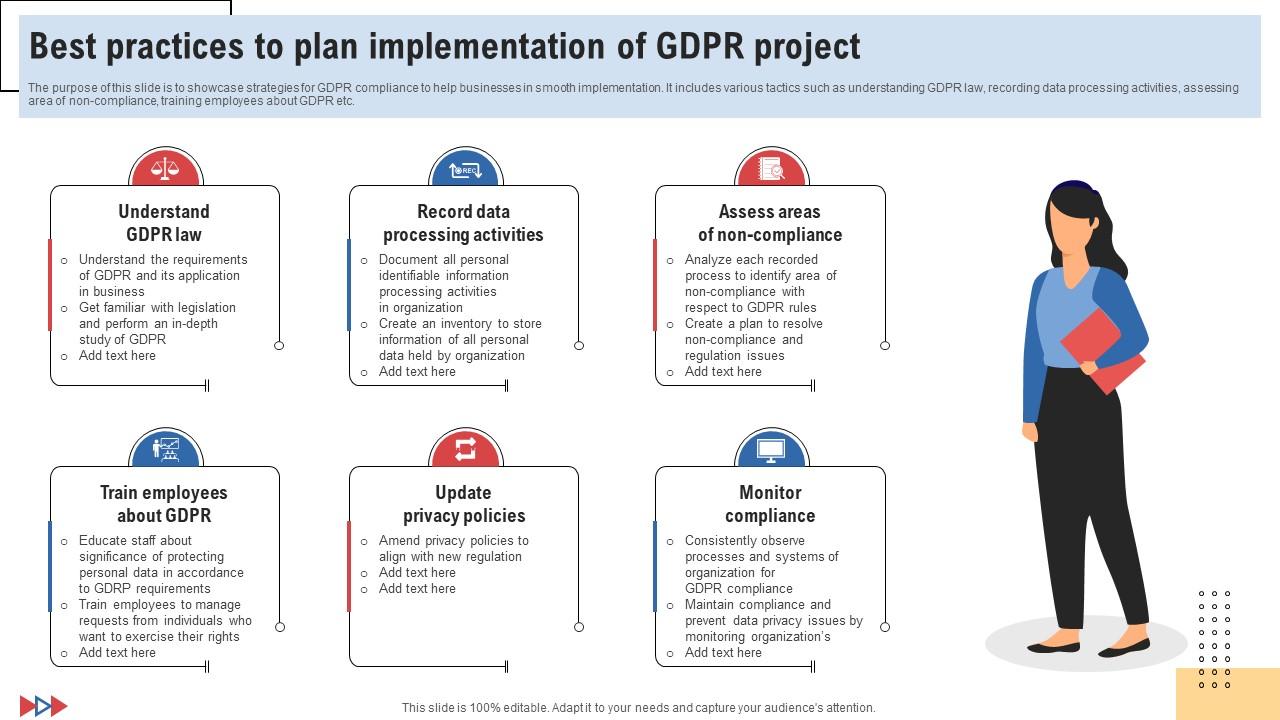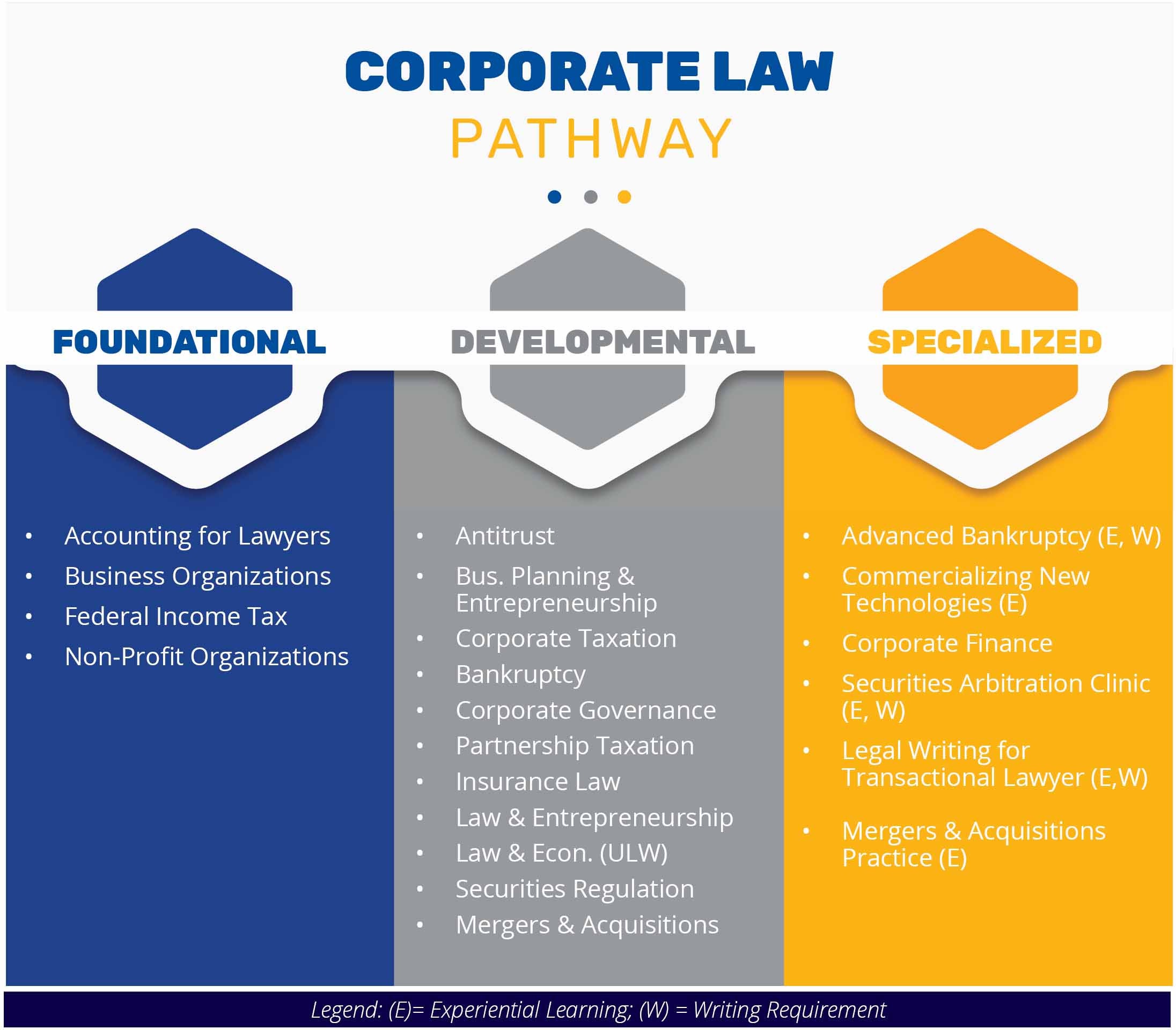
Understanding Complex Civil Litigation Key Insights
Navigating the Complex World of Civil Litigation
The Intricacies of Civil Litigation
Civil litigation can be a labyrinthine process fraught with complexities and nuances. Unlike criminal cases, which involve the state prosecuting individuals for violations of law, civil litigation entails disputes between private parties seeking legal remedies for grievances. Understanding the intricacies of civil litigation is crucial for anyone embarking on this legal journey.
Understanding the Legal Framework
At the heart of civil litigation lies the legal framework governing disputes between parties. Civil procedure rules outline the procedural steps and protocols for initiating, conducting, and resolving civil lawsuits. These rules govern everything from filing a complaint and serving legal documents to conducting discovery and presenting evidence at trial. Familiarity with these procedures is essential for navigating the legal process effectively.
Key Players in Civil Litigation
Civil litigation involves a myriad of key players, each with distinct roles and responsibilities. Plaintiffs, who initiate lawsuits, seek legal redress for alleged harms or injuries. Defendants, on the other hand, are the parties accused of wrongdoing and must defend against the claims asserted against them. Attorneys representing plaintiffs and defendants play instrumental roles in advocating for their clients’ interests and navigating the legal complexities of civil litigation.
The Importance of Legal Representation
In the realm of civil litigation, competent legal representation can make all the difference. Experienced attorneys bring expertise, advocacy skills, and legal acumen to the table, guiding their clients through every stage of the litigation process. From conducting legal research and drafting pleadings to negotiating settlements and representing clients in court, attorneys serve as trusted allies in the pursuit of legal remedies.
Navigating Pretrial Procedures
Before a civil case proceeds to trial, parties engage in pretrial procedures aimed at facilitating settlement or preparing for litigation. Discovery, the process by which parties obtain relevant information and evidence from each other, is a critical component of pretrial proceedings. Depositions, interrogatories, requests for production of documents, and motions practice are common tools used during the discovery phase.
The Trial Process
In civil litigation, trials serve as the forum for resolving disputes through adjudication by judges or juries. During trial, parties present evidence, examine witnesses, and make legal arguments to support their respective positions. The trial process involves various procedural steps, including jury selection, opening statements, presentation of evidence, witness testimony, closing arguments, and jury deliberations.
Appeals and Post-Trial Proceedings
Following a trial court’s decision, parties may pursue appeals to challenge adverse rulings or seek redress for legal errors. Appellate courts review trial court decisions for errors of law or abuse of discretion but do not reweigh evidence or reconsider factual findings. Post-trial proceedings may also involve motions for judgment notwithstanding the verdict, motions for new trial, and enforcement of judgments.
Alternative Dispute Resolution
In addition to traditional litigation, parties may opt for alternative dispute resolution (ADR) methods such as mediation or arbitration to resolve civil disputes outside of court. Mediation involves a neutral third party facilitating negotiations between parties to reach a mutually acceptable settlement. Arbitration entails the adjudication of disputes by a neutral arbitrator or panel, whose decision is binding on the parties.
Complexity in Multi-Party Litigation
Some civil cases involve multiple parties with competing interests and claims, adding layers of complexity to the litigation process. Multi-party litigation, such as class actions or multidistrict litigation (MDL), requires coordination, cooperation, and strategic management of diverse legal issues and stakeholders. Effective management and resolution of multi-party disputes necessitate careful planning and skillful advocacy.
Conclusion
Understanding the nuances of complex civil litigation is essential for anyone involved in legal disputes. From navigating procedural rules and pretrial procedures to presenting evidence at trial and pursuing appeals, civil litigation demands meticulous attention to detail, strategic planning, and effective advocacy. By gaining key insights into the intricacies of civil litigation, parties can navigate the legal process with confidence and pursue favorable outcomes in their legal disputes. Read more about complex civil litigation






















